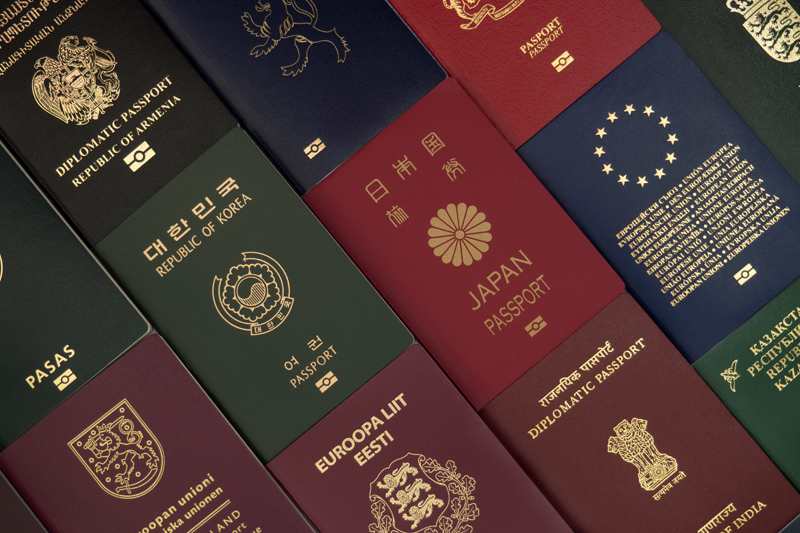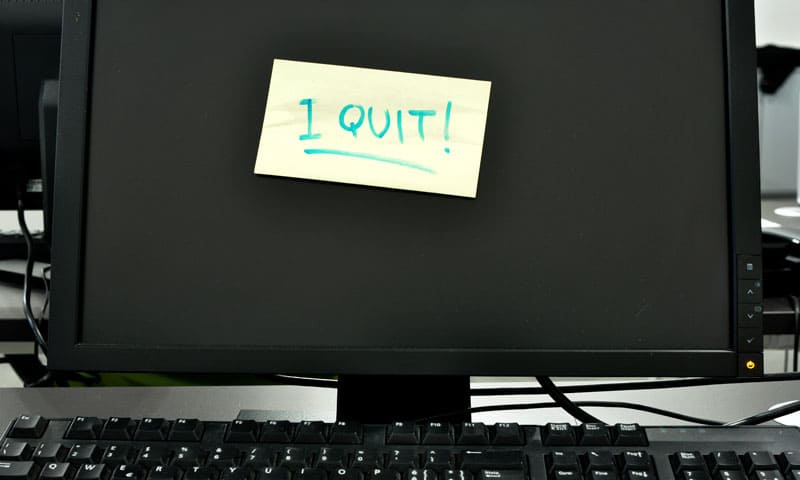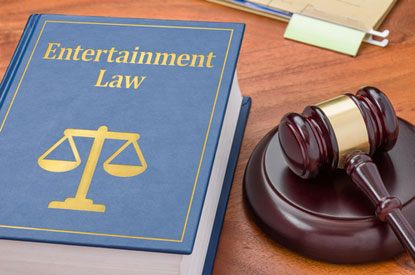Case after case of labor and workplace disputes fill the U.S. Supreme Court certiorari docket this term. In the next nine months starting this Monday, justices will decide in favor of either big-business or big-labor as each party waits on decisions while pulling their hair out- and they will likely feel that its like pulling teeth.
Two cases that will be heard will have organized labor as a major player. In one of the cases, “an employee seeks to limit the power of public-sector unions to collect dues.” In the other case, “an employee aims to limit the ability of private-sector unions to sign up members,” according to Yahoo News. Parties waiting their turns to have the Justices decide their cases will likely be chomping at the bit.
If the Justices rule against big labor both times, the effective power of collective bargaining would definitely be perceived as diminished. Though unions have been seeing a lot of negative press, they certainly have had their heyday in past times, and are responsible for some good things historically, like higher worker wages, shorter workdays, and safer workplace environments. Unfortunately currently a lot of corruption and bureaucracy is also associated with big labor. Another case that will definitely stir some controversy with the National Labor Relations Board is one that will consider “whether workers at a steel plant should get paid for the time it takes to change into safety gear.” Though other cases will have a larger effect on the power of big labor, the steel plant case will focus on semantics in the phrase, “changing clothes.” 800 current and former hourly earners at the U.S. Steel Corp plant in Gary, Indiana feel that changing from their regular t-shirts and jeans into their work uniforms should be compensated, as it is a “key part of their job.”
This term the Supreme Court will see about 70 cases. From the 47 cases of which the court has already granted certiorari, 28 will “involve or affect business interests,” according to the U.S. Chamber of Commerce. The U.S. Chamber of Commerce is a “main group representing corporate America before the court,” and because last term saw more than 75% of the cases resulting in favor of Business. Critics complain the court is too pro-business. Richard Trumka, president of the AFL-CIO, the largest labor federation in the United States commented, “The Supreme Court we have is the best friend that corporate America has ever had.”













































